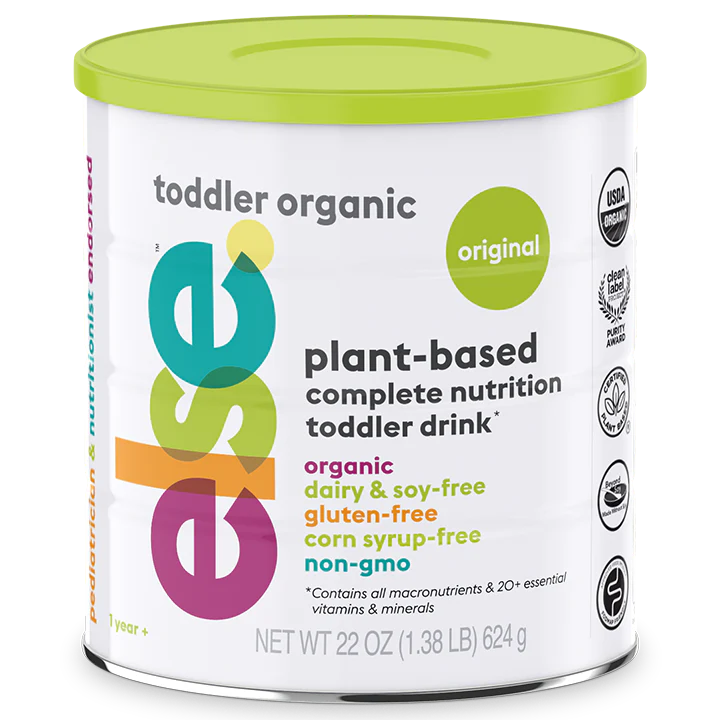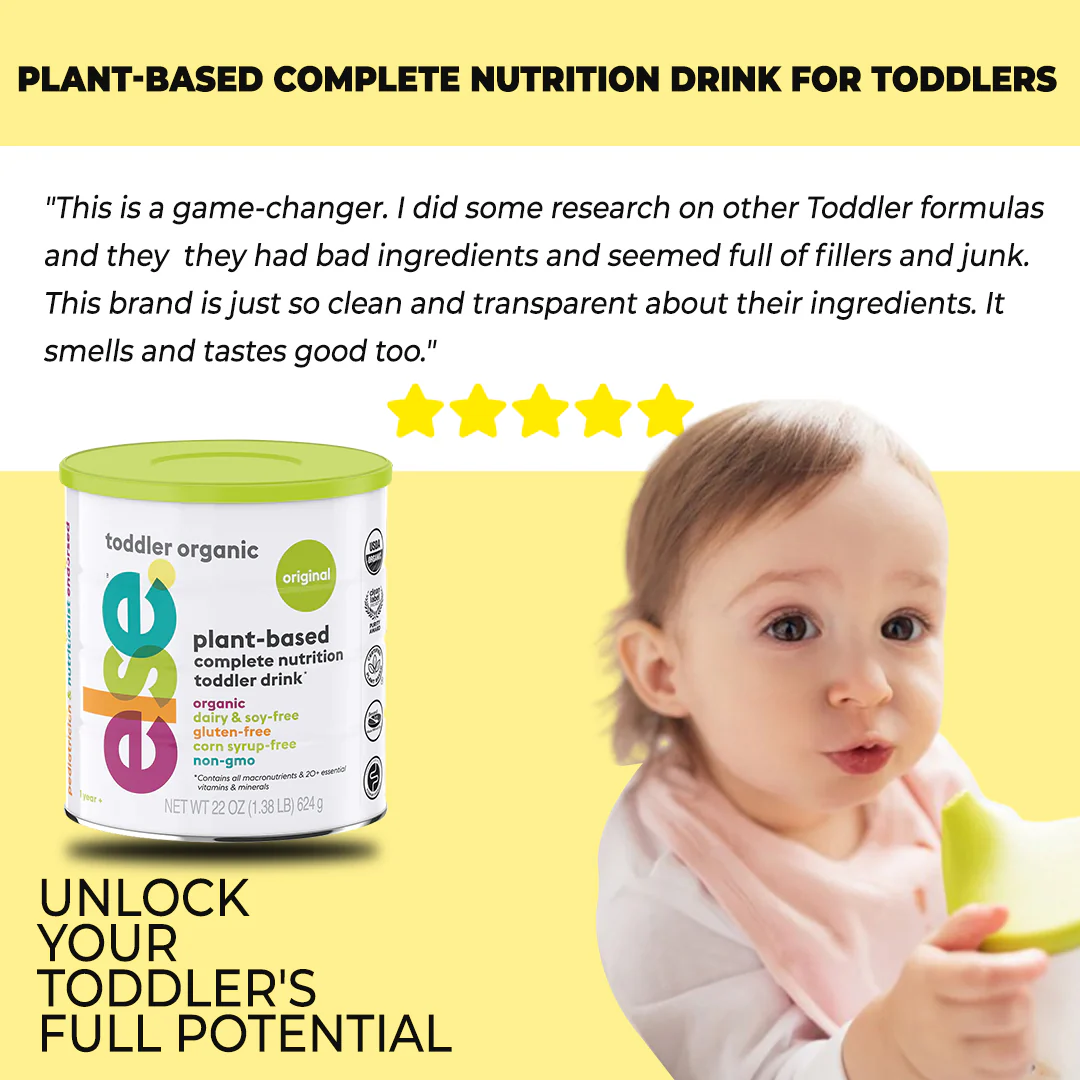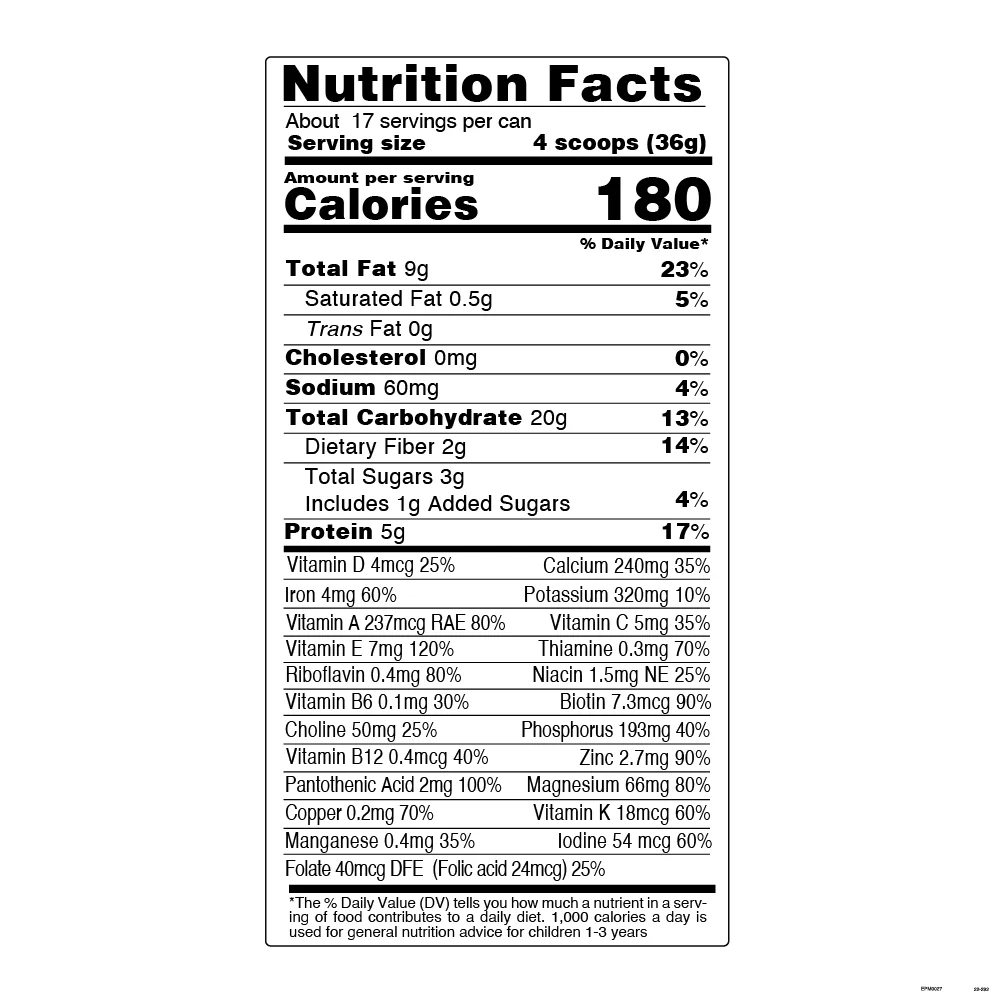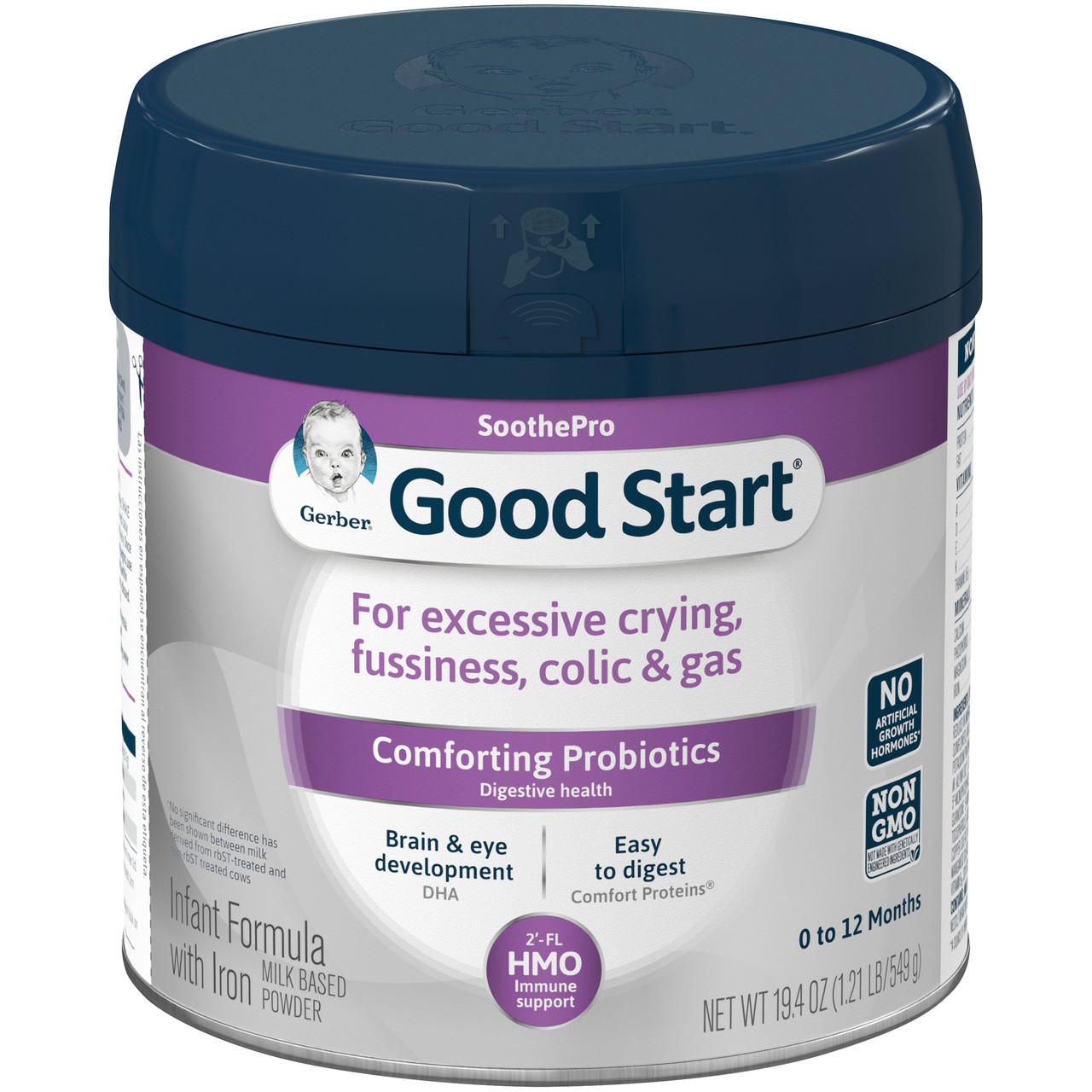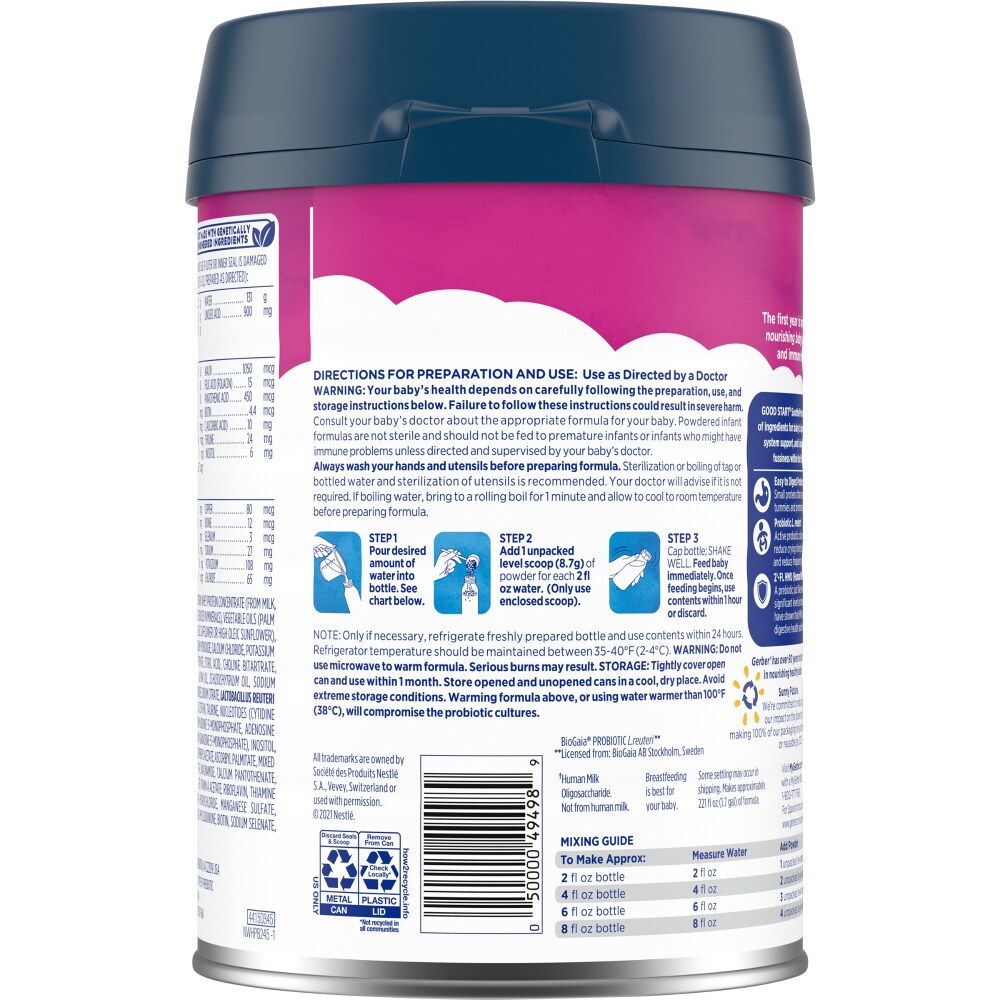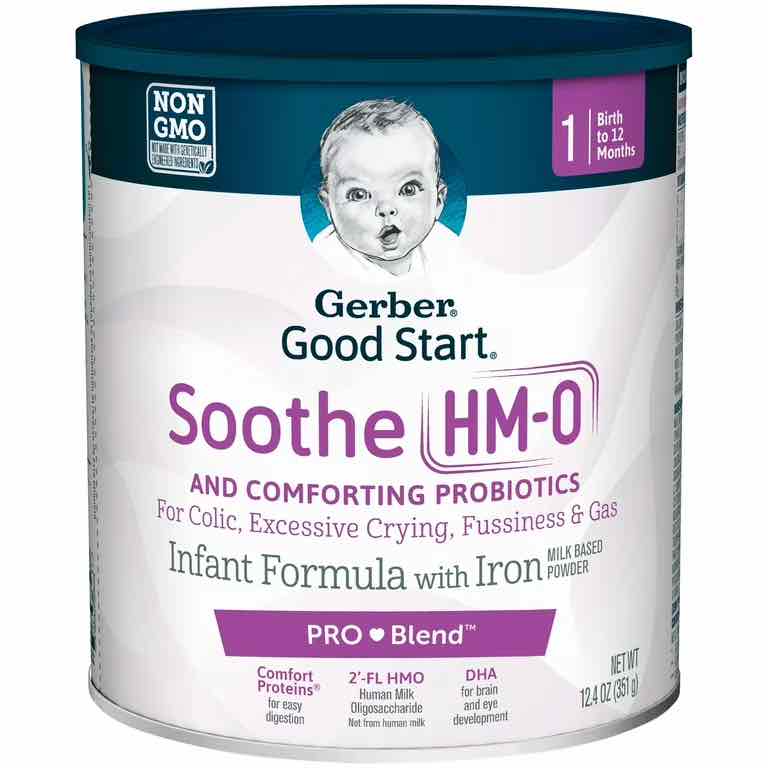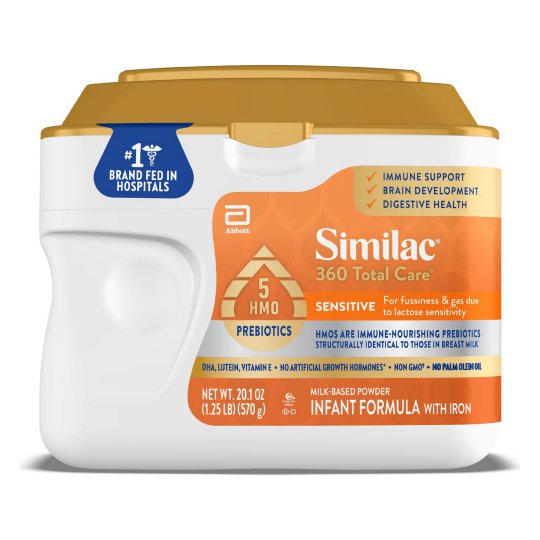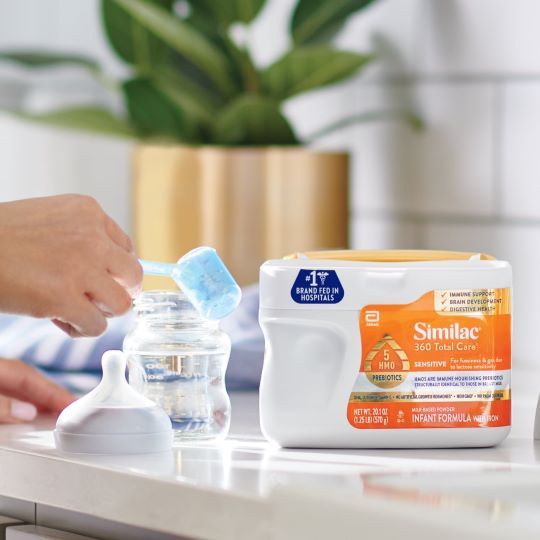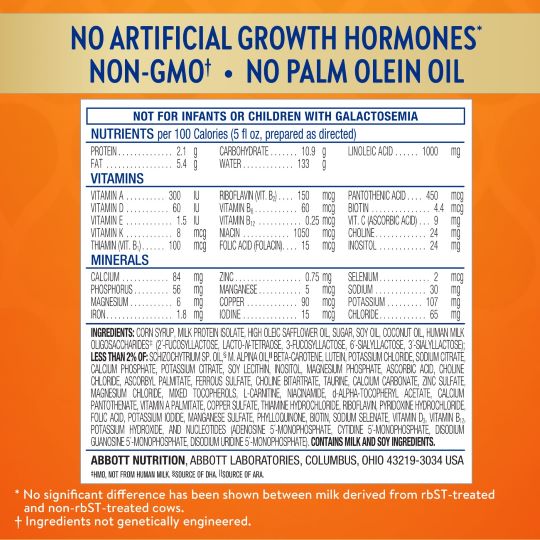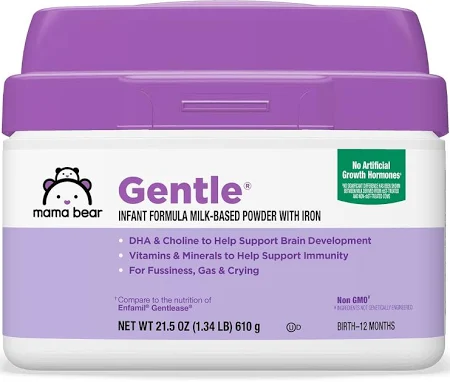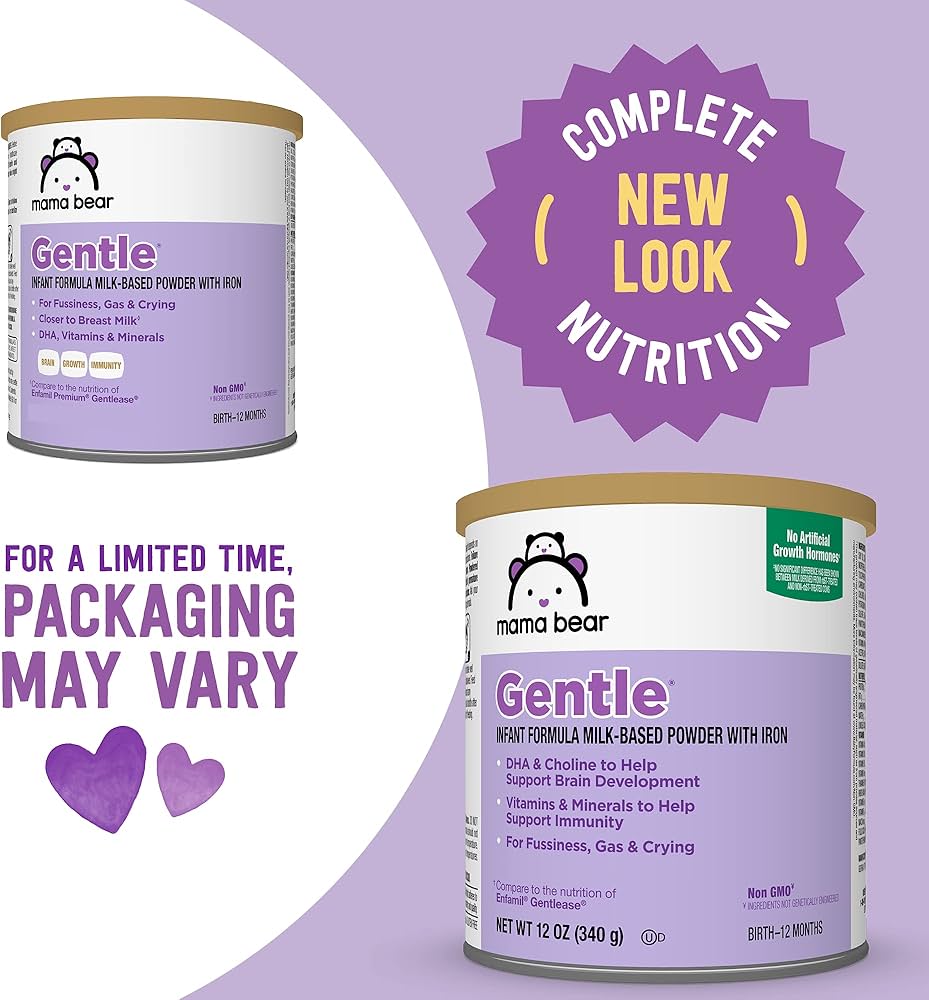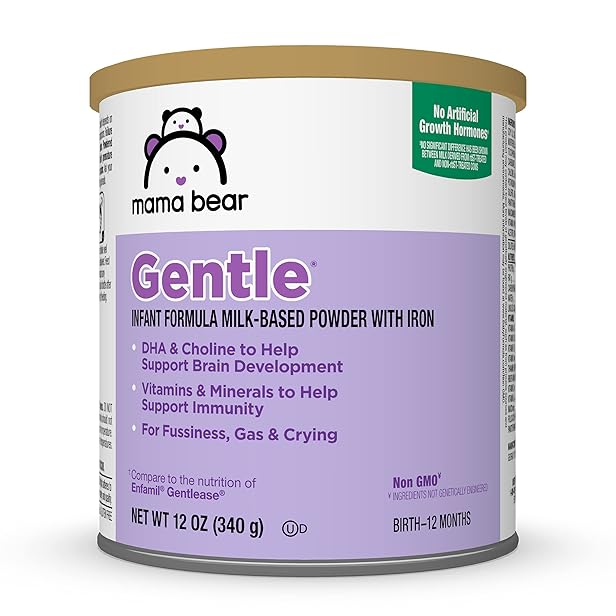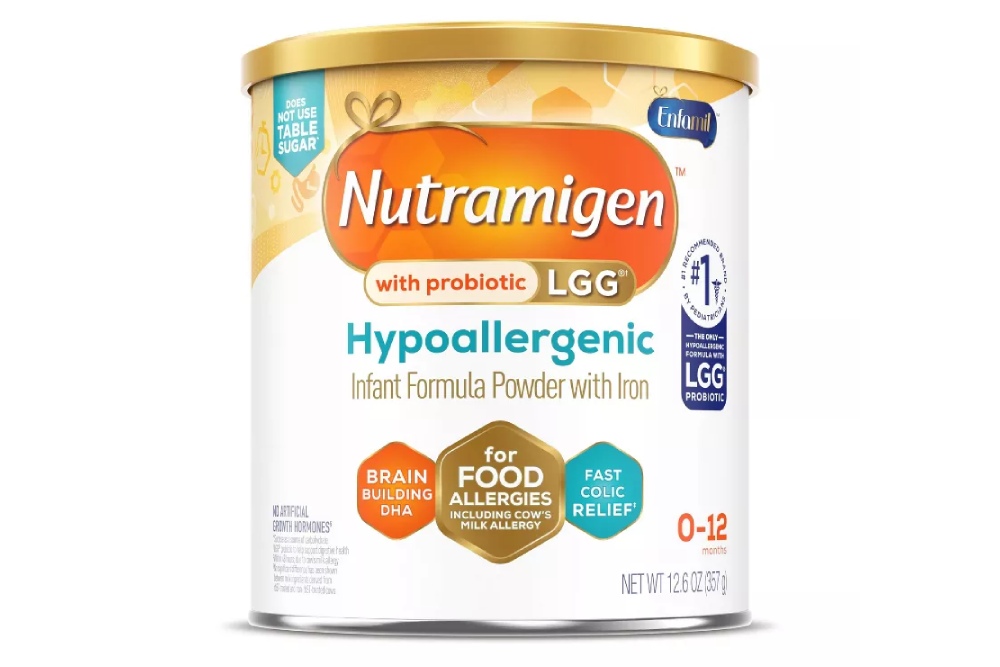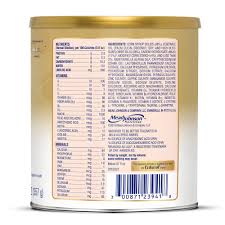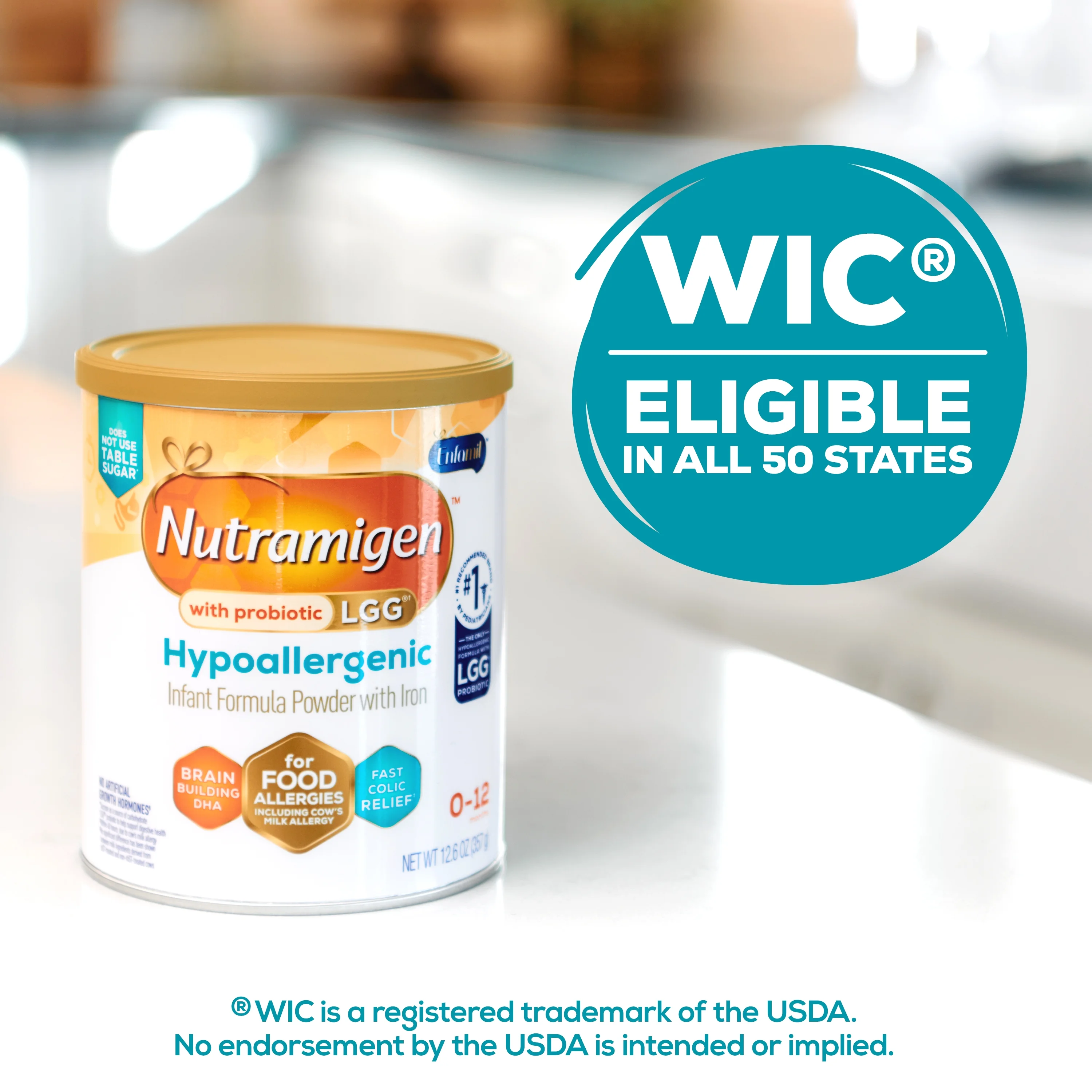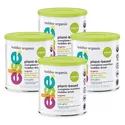5 Best Formulas for Colic and Spit-Up: Calming & Soothing Relief
Soothe your baby's tummy troubles with the best formulas for colic and spit-up
Published November 28, 2024

Do your baby's cries feel like a constant, piercing alarm with no off switch? Welcome to the rollercoaster of parenting a colicky infant. The endless nights of trying to soothe a distressed baby can leave even the most patient parents feeling overwhelmed—especially when every feeding seems to end in an eruption of spit-up.
But here's the good news: the right formula can be your secret weapon in turning those endless, tear-filled nights into peaceful, manageable moments.
» Don't let colic and spit-up disrupt your baby's (and your) sleep. Find the perfect formula now
Our Pick: Best Formulas for Colic and Spit-Up
- Best overall formula for colic and spit up: Else Nutrition Plant-Based Complete Nutrition Formula
- Best quick-relief formula for colic and spit-up: Gerber Good Start SoothePro
- Best formula for colic and spit-up for sensitive tummies: Similac 360 Total Care Sensitive Infant Formula
- Best formula for colic and spit-up settling for reducing gas: Mama Bear Gentle Premium Baby Formula Powder
- Best soothing formula for colic and spit-up for fussy babies: Enfamil Nutramigen
What Are Colic and Spit-Up?
Colic and excessive spit-up are common infant issues that often go hand in hand. Colic, characterized by prolonged, intense crying spells, can be distressing for both baby and parent. Excessive spit-up, or reflux, occurs when stomach contents flow back into the esophagus.
Why Do These Issues Happen?
The root cause of both colic and spit-up lies in the immaturity of an infant's digestive system. A baby's digestive tract is still developing, and it can take time to coordinate complex functions like muscle contractions, enzyme production, and nutrient absorption. This developmental process can lead to:
Immature Muscle Function: Weak or uncoordinated muscle contractions in the esophagus and stomach can allow stomach contents to reflux.
Sensitive Digestive System: An infant's digestive system is susceptible to changes in diet, feeding techniques, and environmental factors.
Gas and Bloating: Gas buildup in the intestines can cause discomfort and increase crying and fussiness, often associated with colic.
Understanding these underlying factors can help parents manage these common infant challenges and provide comfort to their little ones.
» Discover the signs that formula isn't right for your baby
How Can Formula Help?
Specialized formulas for colic and spit-up often rely on minimally processed ingredients to deliver targeted relief. Here's how:
- Lactose-Free Formulas: These formulas offer an alternative protein source, such as soy or a plant-based blend, making them easier to digest for babies with potential lactose sensitivities.
- Hydrolyzed Protein Formulas: By breaking down proteins into smaller peptides, these formulas reduce the risk of allergic reactions and digestive discomfort, often alleviating reflux symptoms.
- Probiotic Formulas: Probiotics help balance the gut microbiota, promoting healthy digestion and potentially reducing colic symptoms. Recent studies suggest a significant positive impact on infant digestive comfort.
- Plant-Based Formulas: These formulas offer a plant-based alternative to cow's milk protein for babies with allergies or intolerances. They are often hypoallergenic and more accessible to digest.
- Allergy-Free Formulas: These formulas are specifically designed for babies with multiple food allergies. They use highly hydrolyzed protein and other hypoallergenic ingredients.
- Organic Ingredients: USDA-certified formulas reduce exposure to potential irritants like pesticides and synthetic compounds. These clean ingredients support a more natural approach to infant nutrition, potentially reducing inflammatory responses contributing to colic and spit-up.
» Tired of commercial formulas? Explore soy and dairy-free alternatives
Tips for Soothing Colic and Managing Spit-Up
Beyond feeding your baby a suitable formula, there are other things you can do to make your baby more comfortable and reduce their symptoms:
Upright Positioning: Hold your baby upright for at least 30 minutes after feeding. Use incline wedges during rest times.
Optimized Feeding: Practice paced bottle feeding, frequent burping, and smaller, more frequent feedings.
Soothing Movement: Use gentle techniques like swaying, walking, rocking, and abdominal massages.
Calming Environment: Create a sensory-friendly space with white noise, soft lighting, and a stable temperature.
Natural Remedies: Consider warm compresses, bicycle leg movements, probiotic drops, and chamomile tea (consult your pediatrician first).
Emotional Well-Being: Practice self-care, build a support network and remember that these challenges are temporary.
» Learn how to switch from ready-made to powder formula
Easing Your Baby's Discomfort
The sleepless nights and constant worry about your baby's tummy troubles can be overwhelming. Every cry, every spit-up feels like a personal challenge. But remember, your baby isn't trying to make things difficult; they're simply navigating the complexities of their new world.
Although babies usually outgrow colic and spit up after a few months, there are things you can do as a parent to ease their symptoms and make it easier for you. The right formula can make a big difference.
Plant-based formulas like Else Nutrition offer a modern solution that prioritizes both nutritional needs and digestive comfort. By utilizing carefully selected plant-based ingredients, these formulas can help soothe sensitive tummies and promote overall well-being.
The content and advice provided in this article are for informational purposes only and are not a substitute for medical diagnosis, treatment, or advice for specific medical conditions.
Always consult a pediatrician to understand your child's needs. The article expresses the views of the article's editor.







